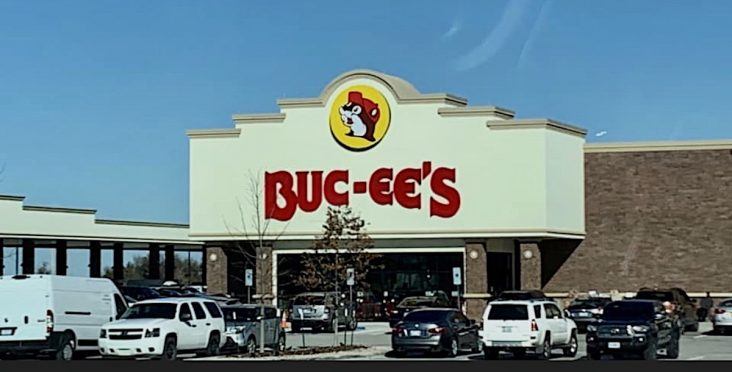Convenience store retailers say sales rose in 2019
by January 2, 2020 4:12 pm 837 views

The growing convenience-store retail sector reported solid 2019 results with record-levels of optimism to start 2020, according to the National Association of Convenience Stores.
Convenience stores sell nearly 80% of the fuel purchased in the United States and conduct an estimated 165 million transactions a day, making the industry a good indicator for trends related to travel and consumer spending, according to NACS.
“Convenience retailers overwhelmingly said their sales increased in 2019. Three in four retailers (74%) said that in-store sales increased in 2019, compared with only 7% who said that sales slumped. And 62% said their fuel gallons sold increased, compared with 25% who said their fuel sales decreased,” the trade group reported.
Consumers reached for more better-for-you items such as fruit, vegetables, nuts, protein bars and yogurt with 67% of retailers reporting a sales increase in these products in 2019.
“Today, it’s almost expected that stores offer fresh and packaged better-for-you choices for customers, and our industry’s commitment to groups like a Partnership for a Healthier America (PHA) is one of the reasons why,” said Jeff Lenard, NACS vice president of strategic industry initiatives.
The retail sector also said the morning business presents the biggest opportunity to grow food sales. Of those surveyed, 45% said breakfast is their biggest opportunity in 2020, compared with 26% who said lunch and 23% who said dinner.
NACS reports 89% of retailers are optimistic about their economic prospects for the first quarter of 2020, which is four points higher than the same time last year. Despite the overwhelming optimism, the sector also mentioned business concerns of regulations and labor issues as the most troublesome.
Half of those surveyed said competition from other convenience stores is also a major concern heading into 2020. About one-third mentioned competition from other retail formats such as drug and dollar stores as a concern, while 30% said there is always the chance of higher fuel prices that decrease driving trips by consumers and erodes their disposable income.
Nielsen reports the convenience store sector will grow faster than all other U.S. offline shopping channels over the next five years. Nielsen also noted there are challenges for the sector, namely intense competition from quick-serve restaurants, small-format grocers, mass merchandisers and drugstores all of which are going after the fresh-prepared and grab-and-go food business.
“The consumer’s growing desire for frictionless retail has raised the bar for convenience retailers and their approach to technology adoption,” said Jeff Williams, senior vice president of retail and U.S. industry relations for Nielsen.
Williams notes seven factors that will shape the future of the c-store industry.
• Convenience stores will become more automated and increasingly unmanned.
• C-store food service will be upgraded.
• The industry will improve employee training needed for increasing CBD sales and expanded food service.
• Convenience stores will expand private-label offerings.
• The industry will use creative marketing to offer experiences that drawn consumers to their brick-and-mortar sites.
• Convenience retailers will respond to demand for more personalization in marketing their goods.
• C-stores will rethink grab-and-go packaging in response to consumers’ zero-waste mindset.
